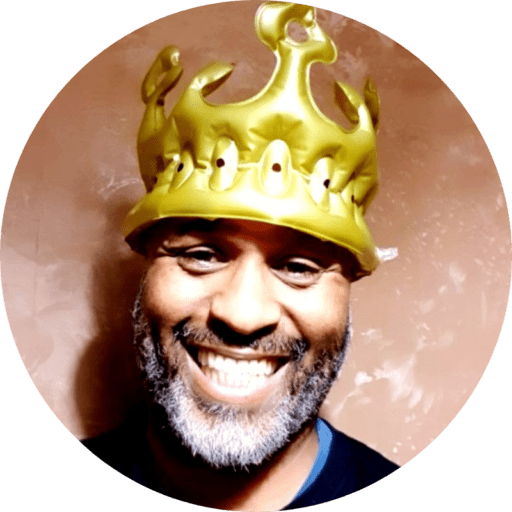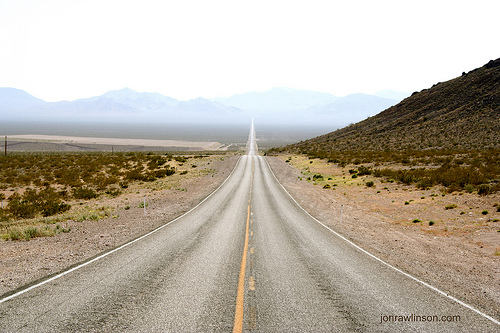A few years ago I had cause to seek help to address chronic depression.
I met with my GP and he offered referrals to either an NHS psychiatrist or a new service that was being run out from their surgery – a Cognitive Behavioural Therapist.
Knowing that I didn’t really favour a route that involved medication for any prolonged period, I tried the CBT route.
And I learned something fundamental – the journey through something is greater than the reaching a destination.
During my CB therapy I learnt techniques to help me tackle many kinds of thoughts and behaviours and I developed an inner voice that is my objective and more rational counsel when I feel overwhelmed. If I had gone down the psychiatry route, I fear I would have never developed this super power. I overcame my depression but didn’t cure it and I now have awesome tools to prevent and manage it when it happens again.
When I look at the world around I see achievements are hugely celebrated – from winning gold at the Olympics to selling a startup for a few billion dollars. What is hardly ever mentioned is how you are changed by the journey to the achievement. How the athlete has been changed – both physically and otherwise – by what she had to endure to win the gold. Changes that make it more likely that she will win another gold and changes that mean that if she never won another gold – she would have developed the qualities to be OK with that.
Those are changes that come from the journey, not the destination.
You can reach the same place from different roads but not all teach the same things.
I always dreamed of winning the lottery. Of waking one morning to find that my ticket was the 100 Million Jackpot winner. So I would arrive at wealth but without the qualities to create wealth, nor the humility to appreciate it. What is more valuable in the end?
As I ponder life, sitting on my Spanish terrace dealing with the hopes, fears and dreams of now, I wonder less about my destination and more about what journey I am on, what journey I should be on. Perhaps there is a way to choose the journey by choosing the destination. Perhaps by saying that I shall have acquired certain qualities and experiences, I would auto select the journeys.
What do you feel when you read this?
What journeys are you on?
What qualities are you learning from them?
I’d love to hear and share. Please consider sharing this, leaving a comment or tweeting to @mhsutton
Featured Image By: Jon Rawlinson – CC BY 2.0


Leave a Reply